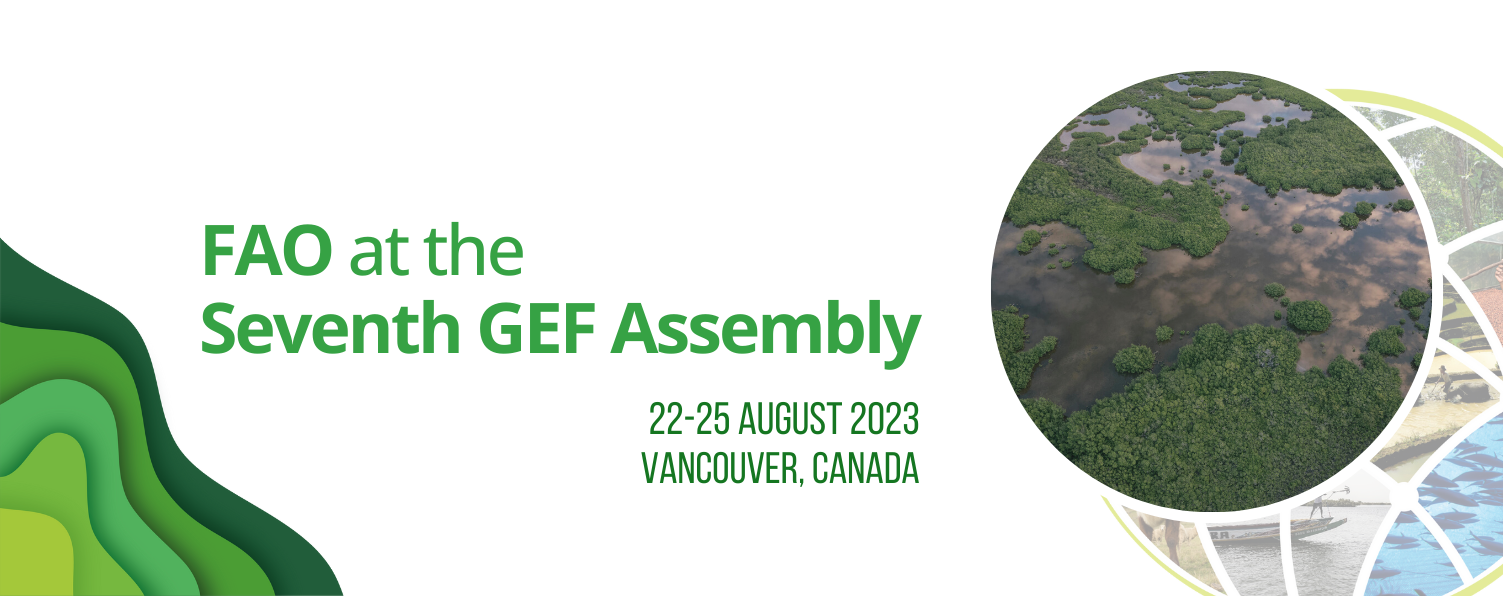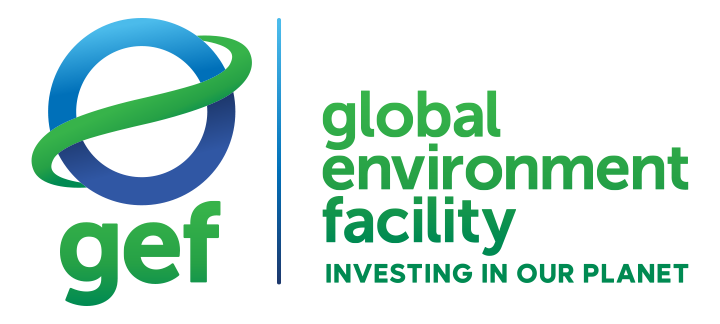
Transparency for raising NDC ambitions and transforming agrifood systems
Background
The world is facing the impacts of climate change and there is an urgent need for action. This is a global challenge to which all countries need to contribute individually. The Nationally Determined Contributions (NDCs) represent the main vehicle for countries to contribute to the goal of the Paris agreement to limit global temperature. Countries define very diverse types of contributions and targets, which should converge in achieving the unified goal.
Transparency enables the tracking and comparability of such diverse climate actions, while building trust and confidence among countries that everyone is doing their part.
Transparency and NDCs are deeply linked. Transparency functions as the backbone for the implementation of climate action by tracking its effects and identifying gaps and needs both in capacities and resources. It increases the likelihood of attracting international support: a functioning transparency system can be a prerequisite for specific policy choices such as participation in carbon markets.
Transparency allows for data collection that informs short and long-term decisions, challenges and solutions to raise the ambition with realistic targets in the next round of NDCs. Enhanced and ambitious NDCs in agriculture would lead to a radical transformation of the agrifood systems.
Objective
This side event aims to showcase the Food and Agriculture Organization of the United Nations (FAO) efforts in assisting countries to meet the Enhanced Transparency Framework (ETF) requirements through the support of the GEF Capacity Building Initiative on Transparency (CBIT) fund. With the ETF deadline approaching in December 2024, this event will focus on the importance of transparency in addressing climate change and its impact on agri-food systems.
The event will emphasize the significance of strengthening institutional arrangements, enabling environments, and technical capacities in meeting ETF requirements for submitting the first Biennial Transparency Report. Many countries currently struggle to comprehend the necessary systemic institutional setup, data availability, technical capacity, and knowledge required to monitor human activities' climate impacts effectively and vice versa. The event will also highlight how academia can play a crucial role in this process.
Participants will learn from the lessons garnered through increased capacity and knowledge, enabling countries to make informed decisions and set realistic targets for lowering emissions and adapting to climate change. By addressing the reporting requirements, countries can reinforce their decision-making process with sound data and discover opportunities to enhance their climate commitments, ultimately contributing to the objectives of the Paris Agreement.
Format
The format of the event will be innovative, incorporating a Strengths, Weaknesses, Opportunities, and Threats (SWOT) analysis led by government representatives. This analysis will explore the potential role of transparency in raising NDC ambitions and transforming agri-food systems.
The event will be moderated by a representative of YOUNGO, the official children and youth constituency of the United Nations Framework Convention on Climate Change (UNFCCC) and participants are welcome to engage with policymakers and other stakeholders. This inclusive approach ensures diverse perspectives and helps build stronger commitments towards sustainable and equitable solutions.
Speakers
- Kaveh Zahedi, Director of Office of Climate Change, Biodiversity and Environment, FAO
- Esteban Bermudez Forn, Climate Change Specialist, Global Environment Facility (GEF)
- Martial Bernoux, Senior Natural Resources Officer, FAO
- Javier Gutiérrez, Secretary of Climate Change, Nicaragua
- Maximiliano Proaño, Under Secretary of the Environment, Chile
- Ahmad Bassam, Global Coordination Team member, Policy Task Force, YOUNGO
Date: 23 August, 2023
Time: 13:00 – 14:30
Location: Room 207






